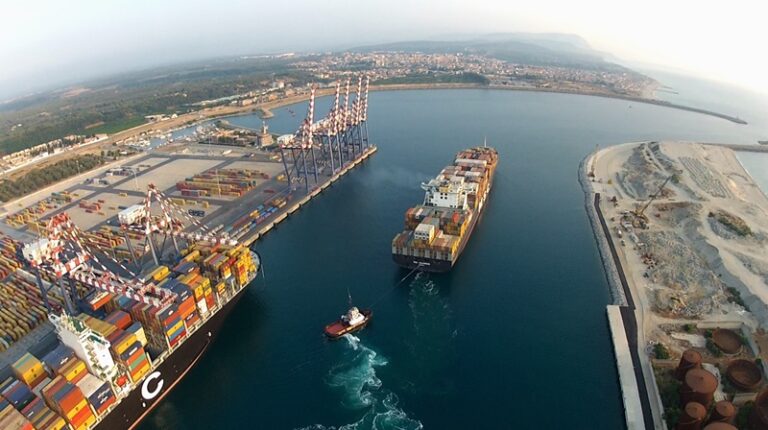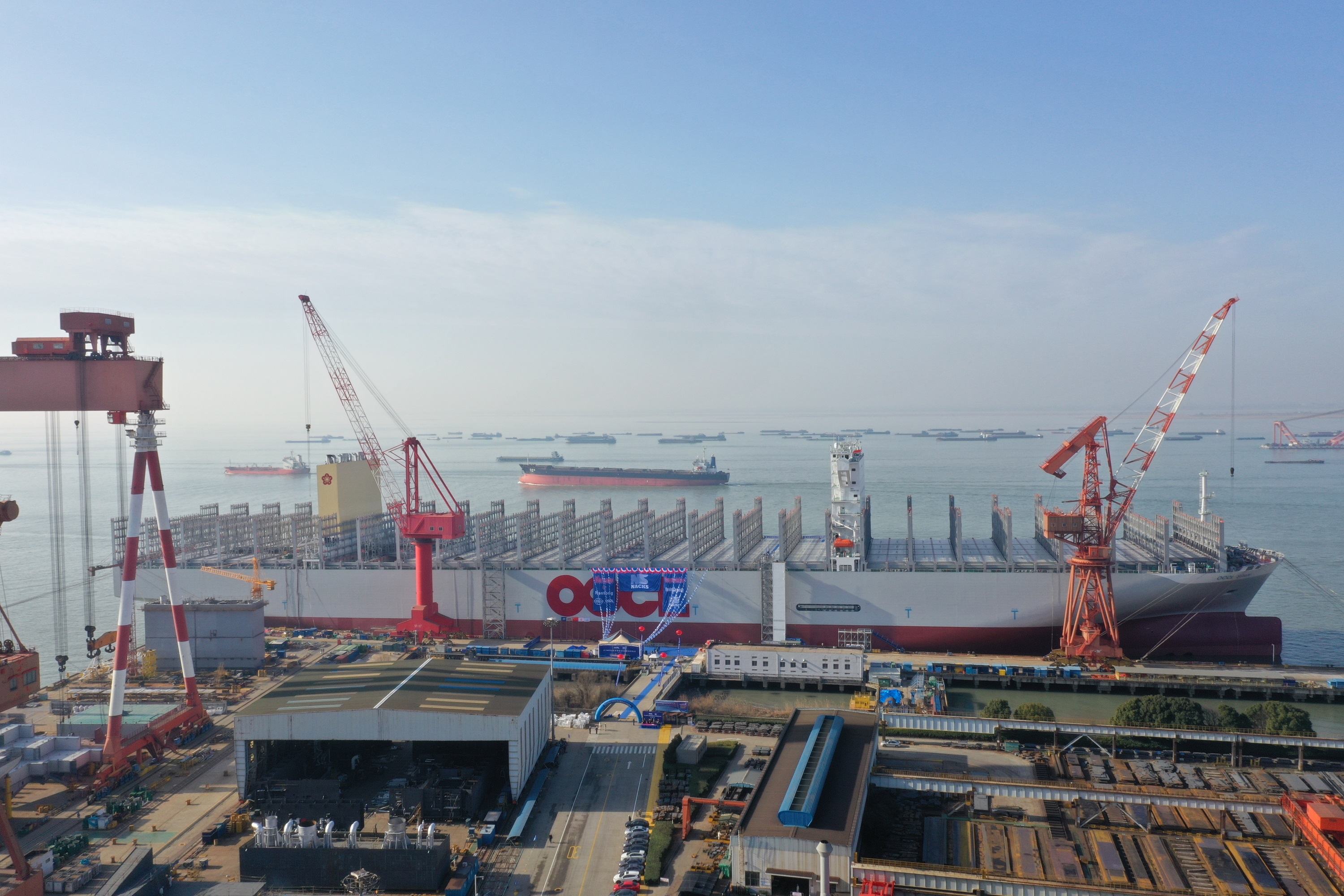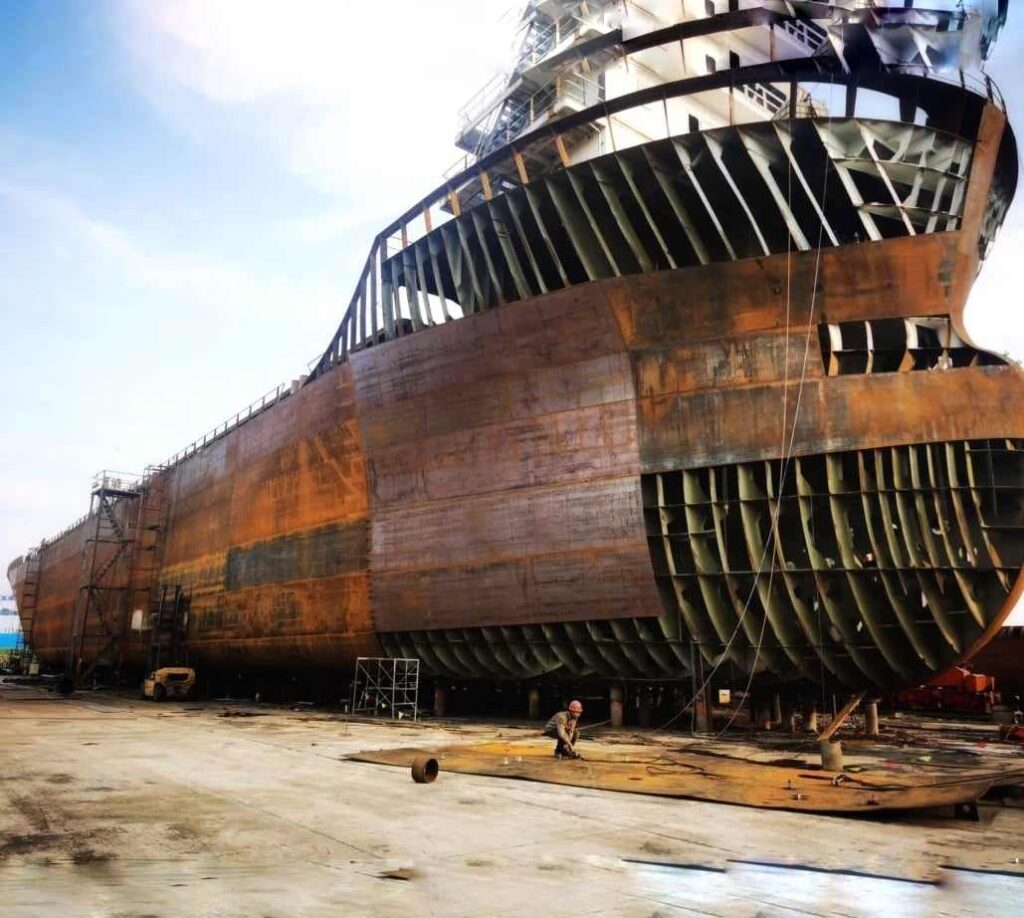The order book, Alphaliner has calculated, is today equivalent in Teu to 23% of the active global fleet
The container ship order book continues to set new records. According to the latest update of Alphaliner‘s Top 100 ranking – which considers the top 100 shipping companies active in the transport of containers –
To date the active fleet offers approximately 30.9 million TEUs of capacity, made available by 7,125 units for a total of 366 million Dwt.
But, while overall the sector has put a brake on new orders, operators in the container segment are continuing to place them, so much so that among the top 10 these are equal to 5.9 million TEUs.
An impressive number, the analysis finds, considering that the same 10 shipping companies have a fleet of 25.8 million TEUs. In other words

Various contracts are also under negotiation. According to Alphaliner, Hapag Lloyd would be ready to place a “significant order”, alongside other operators who have declared their intentions in this sense and MSC, usually silent about its intentions but always very active on this front.
Always looking at the top 10 carriers in the field, analysts have calculated that in their fleet, made up of a total of 3,800 units, as many as 683 are 20 years old or more, i.e. a share of 18%, for a total of 2.6 million TEUs of capacity.
Among those who have begun to dispose of older units are MSC , but also smaller operators such as Wan Hai, which last year sent 10 ships taken delivery in the first half of the 1990s to be scrapped.

Two obvious reasons
“There are two obvious reasons why ordering continues at such as massive scale,” Alphaliner said in the report.
“Firstly, most carriers are still sitting on large amounts of cash after having made record profits in the wake of the COVID-19 pandemic.
“Secondly, and more importantly, it is the desire to decarbonize liner shipping that drives the ordering frenzy.” Ships capable of running on methanol represent 52% of the new capacity ordered this year, while those capable of running on LNG represent 31% of the capacity orders.




